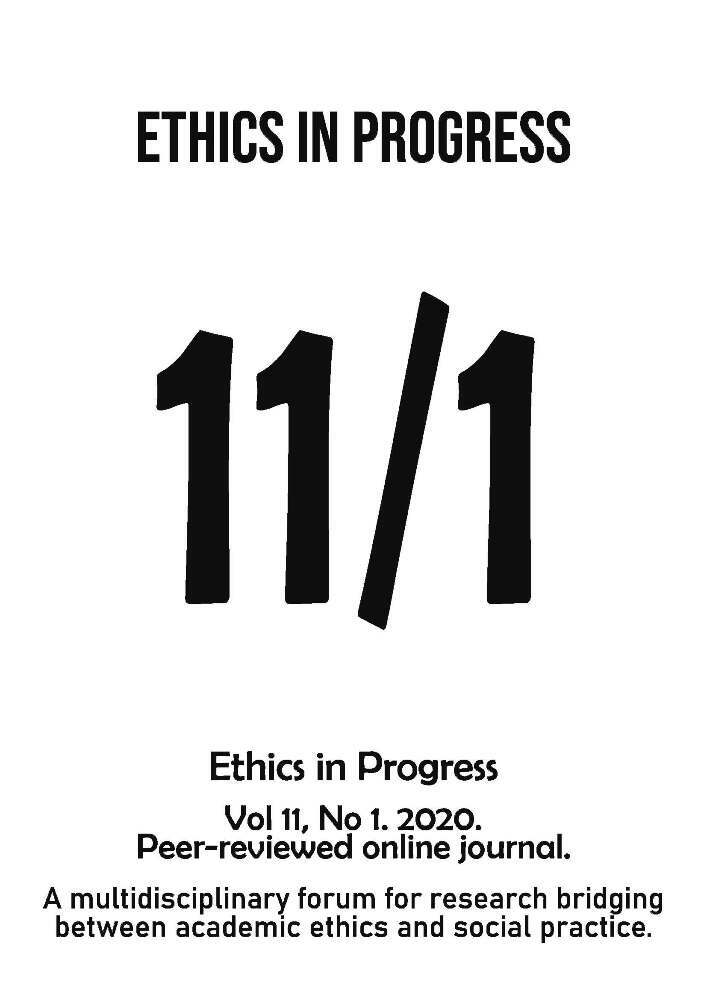Abstract
From the perspective of empirical research, this paper conducts a specific study on the core competencies of college counselors. 450 participants from 4universities participated the research. A questionnaire of college counselors’ core competencies from the aspects of the design of an open questionnaire was designed and implemented, a predictive questionnaire was tested and analyzed, and a formal questionnaire was implemented. The results of the formal questionnaire show that component one mainly concerns ideological awareness and values, component two mainly concerns professional ethics, moral accomplishment, quality, character, and attitude, while component three refers to various abilities at work, and component four involves professional and cultural knowledge. Through analysis and discussion, it is concluded that the key elements of college counselors’ core competencies include values, moral quality, vocational ability, and cultural knowledge, and a structural model of their core competencies is constructed.
References
Chongde Lin. 2017a. “Research on Chinese Students’ Core Competencies,” Studies of Psychology and Behavior 2:145–154.
Chongde Lin. 2017b. “Constructing the Chinese Core Competencies of Student Development,” Journal of Beijing Normal University (Social Science Edition) 01:66–73.
Chongde Lin. 2016. Research on the Core Competencies of Student Development in the 21st Century. Beijing: Beijing Normal University Press.
Dige Liu. 2016. The Influence of College Counselors’ Moral Literacy on College Students’ Moral Education. Unpublished, reviewed doctoral dissertation, Xi’an University of Technology.
Lei Yu. 2016. “Basic Quality and Training of College Counselors,” Journal of Shaanxi Youth Vocational College 03:22–24.
Miaozhi Wang. 2016. Research on Ideological and Moral Quality Construction of College Counselors. Unpublished Master’s Degree Thesis of Chongqing Normal University.
Qian Liu. 2014. “On the Cultivation of Communication Ability of College Counselors,” Learning Theory 2:247–248.
Qinghong Peng. 2006. “Construction of Quality Structure Model of College Counselors,” Education Research of Tsinghua University 03:90–94.
Rongrong Zhang. 2005. “On the Basic Quality of College Student Counselors,” Journal of Guizhou University of Technology (Social Science Edition) 2:111–113.
Rybalkina Olga 2004. “A Comparative Analysis of Student Affairs Administrators’ Competencies and Professional Development Opportunities in the United States and United Kingdom,” Dirasat: Educational Sciences 01. The University of Toledo, presentation available on plaza.ufl.edu
Shangrong Cheng. 2015. “Basic: The ‘Core’ of Students’ Core Literacy,” People’s Education 07:24–25.
Warner D. & Palfreyman D. (Eds.) 1996. Higher Education Management: The Key Element. Buckingham: The Society Research into Higher Education & Open University Press.
Wenqiang Zhang. 2007. Study on Professionalization of Political Counselors in Colleges and Universities. Kaifeng: Henan University Press.
Wu Wang. 2014. “Exploratory Research on the Cultivation of Multi-knowledge Structure of College Counselors,” Journal of Inner Mongolia Normal University (Educational Science Edition) 11:89–90.
Xiaolan Wang. 2017. “Research on the Core Literacy System of Counselors,” Northern Literature 05:178.
Xiuai Zhang. 2016. “Research on College Counselors’ Core Literacy under the Background of Comprehensive Reform,” Modern Vocational Education 2:136–137.
Yaocan Zhang. 2014. “An Exploratory Work on the Situation Study of Ideological and Political Education – On the Situational Theory of Ideological and Political Education,” Party Building and Ideological Education in Schools 01:96.
Yuan Mo. 2017. “Talking about the Political Quality of Counselors from Two Learning and One Doing,” Higher Education Journal 09:152–154.





